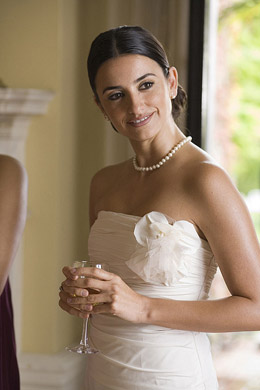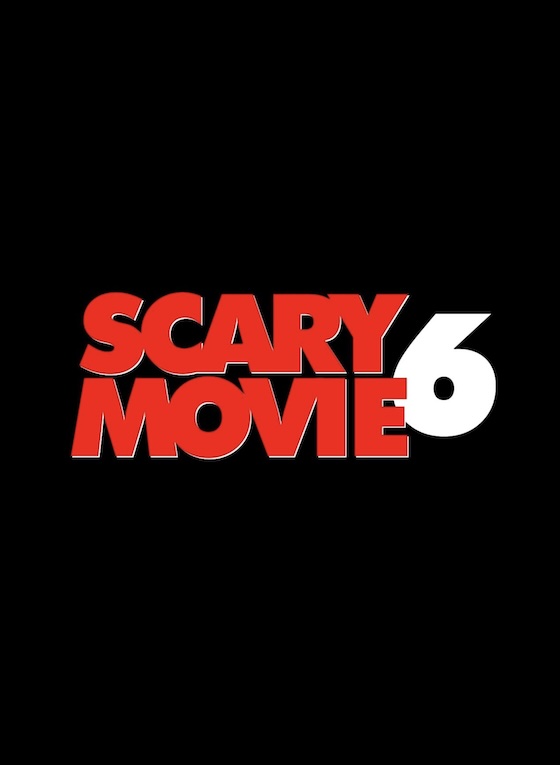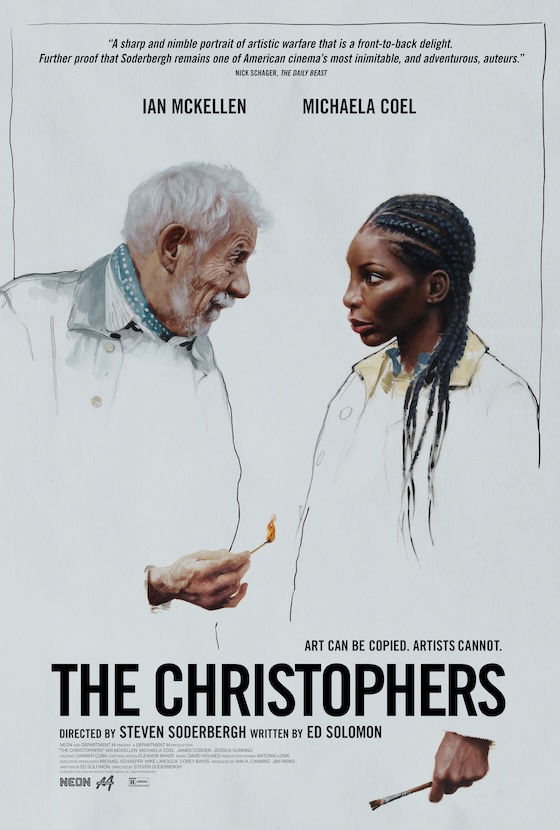{googleAds}
<div style="float:left">
<script type="text/javascript"><!--
google_ad_client = "pub-9764823118029583";
/* 125x125, created 12/10/07 */
google_ad_slot = "8167036710";
google_ad_width = 125;
google_ad_height = 125;
//-->
</script>
<script type="text/javascript"
src="http://pagead2.googlesyndication.com/pagead/show_ads.js">
</script></div>{/googleAds}
If you want to know what Penélope Cruz was up to before she took home 2009's Best Supporting Actress Oscar for Woody Allen's Vicky Christina Barcelona (2008), tune into Elegy (2008), a preceding anti-Allen affair . This melancholic 2-hour love story, based on the novel â"The Dying Animal" by Philip Roth, is a sometimes touching, sometimes frustrating, and always lengthy exercise in examining the lengths to which people will go to find love.
Cruz is Consuela Castillo, a beautiful Cuban-American student attending a college lecture course being taught by Professor David Kepesh (Ben Kingsley). Haircut not withstanding, Consuela knows, as Kepesh's distracting narration observes, she's beautiful, but hasn't figured out how to use her beauty yet. Kepesh is a typical higher-education snob; a semi-accomplished cultural and art critic—he hosts a local NYC public T.V. show and writes a column for â"The New Yorker"—who explains to his students that books and art change over time, for better or worse, based on the personal changes that we go through as human beings.
 Single and loving it, Kepesh is, as his bitter adult son Kenny (Peter Sarsgaard) astutely points out, a â"serial Tomcatter," having built his personal universe around a lifetime of loving ‘em and leaving ‘em. Indeed, that's what Dad did to son and mom when Kenny was a boy. He bailed on his only attempt at marriage, climbed the wall to safety and left everyone in his wake. Now a successful M.D., it's evident from the first time we hear Kenny's wounded voice on his dad's answering machine, that he hasn't let the past go.
Single and loving it, Kepesh is, as his bitter adult son Kenny (Peter Sarsgaard) astutely points out, a â"serial Tomcatter," having built his personal universe around a lifetime of loving ‘em and leaving ‘em. Indeed, that's what Dad did to son and mom when Kenny was a boy. He bailed on his only attempt at marriage, climbed the wall to safety and left everyone in his wake. Now a successful M.D., it's evident from the first time we hear Kenny's wounded voice on his dad's answering machine, that he hasn't let the past go.
For David, there isn't a past to let go of because he doesn't make bonds with the people in his life. His so-called girlfriend, Carolyn (Patricia Clarkson), is a business woman that he's been sleeping with, no mutual-strings attached, for 20 years. Superficially, both claim to prefer the carnal arrangement, but as time passes we see each has a paralyzing void of unfulfilled desire in their souls.
For David, this pattern of hedonistic pleasure-seeking appears to stop dead in its tracks without warning when he becomes enamored with Castillo. He's smitten with her physical beauty (â"You are a work of art") and she with his intellectual prowess. Nor the movie or the story ignore the age difference between Kinglsey and Cruz—31 years in real life—as do so many American made movies. A recent case-study: The negative P.R. Jim Carey received for wooing Zooey Deschanel—a paltry 18 year difference by comparison to Cruz and Kingsley—is all the more discomforting because the movie, Yes Man (2008), pretends the age difference is a non-issue by never acknowledging it with so much as knowing wink to the audience. Big mistake—the â"creepiness" factor never surrenders to attempts at establishing a comedic tone. The result: The movie isn't funny.
Elegy, though most assuredly not a comedy, goes to painstaking lengths to emphasize the age gap, between these two people falling in love, and is propelled forward precisely because of their age difference. It's not just that it's not ignored—it's that the 30-odd year age difference between the two people informs the characters, particularly David. He can't enter the fold of Consuela's personal life because he's so self-conscious about being so much older than her. For her part, Consuela claims with sincerity not to care about the age difference. The more the pair fall for each other, the more helpless David becomes because of his jealously for Castillo—to the point that she knows, he knows, we know, that the relationship can't withstand this level of insecurity and distrust. He'll drive her away—a self-fulfilling prophecy of sorts. A measure of satisfaction to be had in saying to his life-long friend and relationship confidant, George (Dennis Hopper), I told you so, I told you so.
The story arc covers a period of approximately three-and-a-half years, the erotic romance lasting a year-and-a-half of it before David ditches Consuela's graduation celebration and she, in a defensive measure, ends their relationship if for no other reason than to protect herself from future disappointments. Only fate can reunite them again once they go their separate ways.
To the extent it's possible to suspend our disbelief that a woman of Cruz's youthful age and exotic appearance would give her mind and body over to a rather ordinary looking man who had already entered his thirty's by the time she was born, Cruz and Kingsley pull off the hard to imagine—making you believe and care that these two people are deeply in love. It's a testament to director Isabel Coixet's deft handling of the delicate character study and a beautiful classical music score helping soften our guard, and standards of acceptance, by filling our ears with supple sounds and tasteful teases, while the beautiful Cruz gives practically every inch of her curvaceous body to the gloomy screen.
|
||||||||||||||||||
DVD Details:
Screen Formats: 1.85:1
Subtitles: English for hearing impaired
Language and Sound: English: Dolby Digital 5.1
Other Features: Color; interactive menus; scene access.
Supplements:
* Commentary
o Feature-length commentary track with Screenwriter Nicholas Meyer.
* Featurettes
o The Poetry of Elegy (5:08)
Number of Discs: 1 with Keepcase Packaging
{pgomakase}



































